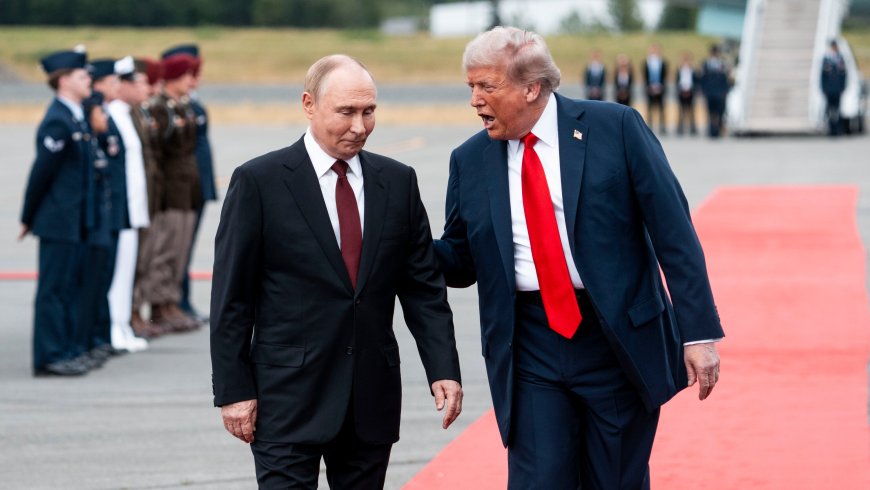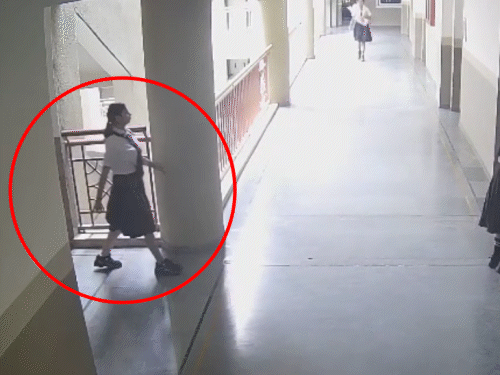Trump’s Summit Gambit: Inside the White House Push for Putin–Zelenskyy Talks
White House insiders reveal Trump’s push for direct Putin–Zelenskyy talks, exploring behind-the-scenes diplomacy, possible compromises, and political stakes.

Washington — In a move that has raised both anticipation and unease in foreign policy circles, the Trump administration is pressing forward with efforts to arrange direct talks between Russian President Vladimir Putin and Ukrainian President Volodymyr Zelenskyy. White House insiders describe the push as part of President Donald Trump’s broader gambit to recast U.S. diplomacy around high-stakes personal negotiations rather than long-drawn institutional processes.
The White House’s Calculated Risk
According to officials close to the matter, the administration believes a face-to-face meeting between Putin and Zelenskyy could serve as a turning point in the stalled conflict that has gripped Ukraine since 2022. While previous peace talks, mediated largely through European institutions, produced limited results, the White House is betting on Trump’s conviction that “leaders make deals, not committees.”
“President Trump sees this as an opportunity to shape the endgame in Europe directly,” said one senior adviser, speaking on condition of anonymity. “The belief is that without U.S. involvement at the table, Moscow and Kyiv will never move beyond the current military stalemate.”
Behind-the-Scenes Maneuvers
Diplomatic insiders point to several weeks of quiet shuttle diplomacy involving U.S. envoys in Warsaw, Ankara, and Geneva. One source confirmed that American intermediaries have floated proposals for a limited ceasefire corridor in eastern Ukraine — a concept that would allow humanitarian supplies to reach civilians while opening the door to more substantive talks.
At the same time, the administration has been sounding out European allies about the optics of such a summit. While some governments remain skeptical, fearing that Trump’s approach could sideline NATO, others see a narrow window for progress. Reports indicate that Germany and Turkey have expressed conditional support for talks, provided the process does not undermine existing agreements such as the Minsk Protocol.
Zelenskyy’s Delicate Balancing Act
For Ukrainian President Volodymyr Zelenskyy, the proposition is fraught with both opportunity and peril. On the one hand, direct U.S.-backed negotiations could strengthen Kyiv’s bargaining position, ensuring that Ukraine’s sovereignty remains central to any deal. On the other hand, domestic critics worry that concessions made under Trump’s mediation might compromise hard-won territorial claims.
Zelenskyy himself has signaled cautious openness. In a recent interview, he noted that Ukraine “does not reject any pathway that brings real peace, but peace cannot come at the cost of our independence.”
Moscow’s Calculated Response
Putin’s reaction has been characteristically measured. Kremlin spokespersons have avoided direct confirmation of the talks but suggested that Russia is “always open to dialogue under fair terms.” Analysts say Moscow may view Trump’s initiative as a chance to weaken European unity on sanctions, while also testing Washington’s willingness to recognize some form of Russian leverage in contested regions.
According to experts at the Council on Foreign Relations, Russia could be positioning itself to use the proposed talks as a platform to negotiate partial relief from Western sanctions — a long-standing priority for Putin.
Potential Compromises on the Table
While details remain murky, insiders suggest that any breakthrough would likely center on a phased compromise:
-
Ceasefire corridors monitored by international observers.
-
Prisoner exchanges as goodwill gestures.
-
Local autonomy arrangements in select contested territories, short of full recognition.
Yet such compromises could face political backlash in both Kyiv and Washington, where opponents view them as steps toward legitimizing Russia’s hold.
Political Stakes for Trump
For President Trump, the gamble extends beyond geopolitics. A high-profile summit between Putin and Zelenskyy — if successful — could strengthen his narrative of being a dealmaker on the world stage as he prepares for the 2026 midterms and eyes his legacy.
But failure carries risks. Critics warn that poorly structured talks could embolden Moscow, divide allies, and weaken the credibility of U.S. commitments elsewhere. “The danger is not just what happens in the room, but what signals are sent outside of it,” said one retired diplomat.
Looking Ahead
White House aides hint that a formal announcement could come within weeks, though the logistics remain uncertain. Potential venues include neutral European cities such as Geneva or Vienna, both of which have long histories as stages for Cold War and post-Cold War diplomacy.
For now, much remains in flux. But what is clear is that Trump’s summit gambit represents a sharp turn in U.S. foreign policy — one that favors direct personal intervention over institutional negotiation, and one that could redefine America’s role in resolving Europe’s most dangerous conflict in a generation.
What's Your Reaction?
 Like
0
Like
0
 Dislike
0
Dislike
0
 Love
0
Love
0
 Funny
0
Funny
0
 Angry
0
Angry
0
 Sad
0
Sad
0
 Wow
0
Wow
0







































































